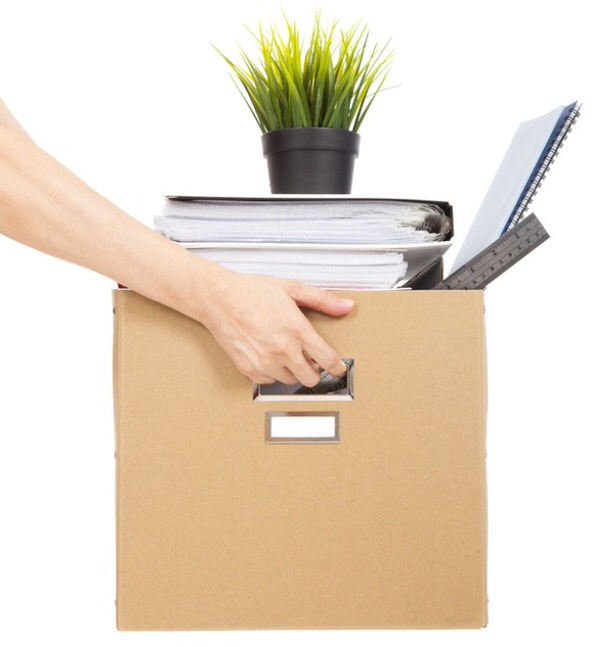Managing Debt When You Lose Your Job
By Doug Hoyes, Founder and Trustee, Hoyes, Michalos & Associates
Debt payments are not a big problem when you are working, but what happens when you lose your job? How can you manage your debt when your income is drastically reduced?

I'm a bankruptcy trustee, and based on a review of the many thousands of bankruptcies I have personally handled, one of the top causes of bankruptcy is job loss, or a significant reduction in income.
So how can you manage your debt and avoid bankruptcy?
I have two preliminary suggestions before I answer the main question.
Be Prepared
First, having an emergency fund is very helpful when you need access to emergency cash. Second, you should plan for a job loss. That may make me sound like a pessimist, but it's a fact that very few Canadians remain at the same job for an extended period of time, so being prepared for the inevitable by constantly networking and keeping your resume up to date is a good practice.
Assuming you have an emergency fund and have planned for a job loss, what do you do when the boss calls you into the office and hands you the proverbial pink slip?
If You Lose Your Job
Immediately assess your cash flow projections. If you receive a severance package or termination pay, you may have enough cash flow to survive for a number of weeks or months. If your employer unexpectedly went out of business and you didn't get a package, your situation is more urgent.
Part of this analysis will be to determine how quickly you expect to find another job. If you expect to be working quickly, there is no need to panic. If your job prospects are uncertain and it will be six weeks before unemployment insurance kicks in, emergency steps are necessary.
- Consider opening a bank account at a new bank and using that account to pay your monthly bills. If you have a line of credit or credit card with your existing bank and they automatically take their payment each month, there is no guaranteed way to stop those payments without closing the bank account. At this point your priority is paying your rent and buying groceries, not staying current on your line of credit.
- Don't wait to cut back on unnecessary spending. Everyone assumes that the job search period will be short, but to make your unemployment and savings last as long as possible, take a good hard look at what you are spending your money on today.
- Talk to your lenders, and ask for an extension on loan payments. If your mortgage and car loan are up to date, it is very likely that the lender will allow you to defer one or two payments. Being open and honest is generally a better approach than waiting for the phone calls after your payments bounce.
- Make partial payments based on your ability to pay. If you can only pay half of your hydro bill this month because you need money for groceries, only pay half of your hydro bill. A partial payment is better than nothing at all.
Hopefully some belt-tightening combined with talking to lenders and making partial payments will allow you to stretch your remaining dollars until you are back to work and can resume normal payments.
If, however, you were already heavily in debt before losing your job and have no prospects for ever paying it back now that you have lost your job, it may be time to consult with a bankruptcy trustee or other financial professional to consider more permanent solutions. Either way, quick action is generally the best approach to deal with all forms of money problems.
OWN. GROW. PROTECT. First Foundation is the one-stop-shop for financially responsible Canadians looking to get great advice and save money. Whether arranging financing for a property you OWN, or looking…
